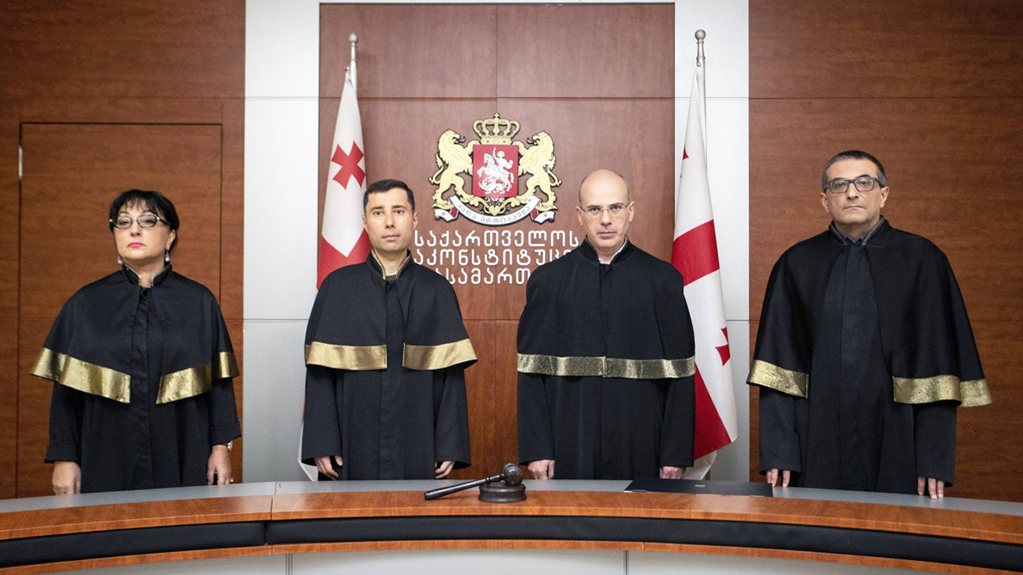The first panel of the Constitutional Court of Georgia satisfied the constitutional lawsuits of Malkhaz Machalikashvili, Samson Tamariani, and Merab Mikeladze against the Parliament of Georgia. The plaintiffs argued that they could not challenge in court the prosecutor's decision to initiate, terminate, or refuse to prosecute, which involved risks of prosecutorial arbitrariness and abuse of power, contrary to the rights of access to justice and equality before the law for all persons.
News
Malkhaz Machalikashvili is the father of 19-year-old Temirlan Machalikashvili, who was killed by the State Security Service on December 26, 2017, during a special operation in the Pankisi Valley. Special forces fatally shot his son in the head in the bedroom of his house. The State Security Service accused Temirlan Machalikashvili and several other people living in the Pankisi valley of aiding Akhmed Chataev, a known international terrorist, and his group, however, wounded Machalikashvili died on January 10, 2018, without being formally charged. The rest were arrested. The court found them guilty and sentenced them to prison.
The Prosecutor's Office was conducting an investigation into the fatal wounding of Temirlan Machalikashvili under Article 333, Part 3 of the Criminal Code, which implies possible abuse of official authority by violence. On January 25, 2020, the Prosecutor's Office, citing the absence of a criminal act, terminated the investigation.
Machalikashvili appealed to the Constitutional Court before the termination of the investigation, because he was refused the status of victim, and this decision of the prosecutor could not be appealed in court.
It should be noted that in January 2023, the European Court of Human Rights partially satisfied Malkhaz Machalikashvili's claim. The Court found that the authorities failed to fulfill the requirements of an effective and thorough investigation under Article 2 of the Convention. However, the court considered that there was insufficient evidence to conclude, beyond a reasonable doubt, that Temirlan Machalikashvili died under conditions that place responsibility on the state.
The Constitutional Court considered unconstitutional the words of the Criminal Procedure Code of Georgia - the decision of the superior prosecutor is final and cannot be appealed.
During the hearing of the constitutional claims, the representative of the defendant party, the Parliament, appealed that the appeal of the prosecutor's decisions would overload the court even more.
According to the explanation of the Constitutional Court, in cases where the punishable act is committed by an official or a person equal to him, there is a greater feeling of insecurity, the nihilism of the victim, and alienation towards the state bodies carrying out investigative activities. Accordingly, the need for control and the need and purpose of information objectively increases.
The Constitutional Court noted that the victim needs information not only to dispel his doubts, to satisfy his curiosity, or to be convinced that the state protects his rights, but also to protect his own rights effectively.
According to the Constitutional Court, judicial control of the decision made by the prosecutor and verification of its legality is important as long as there is a risk of arbitrariness or abuse of authority by the prosecutor's office.















